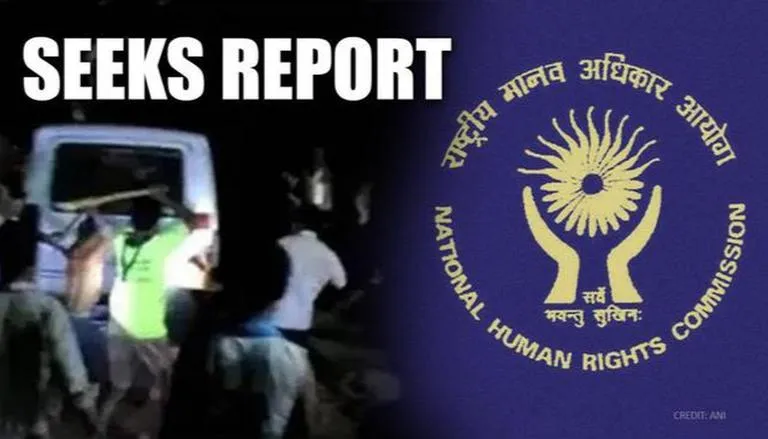Free Courses Sale ends Soon, Get It Now


Free Courses Sale ends Soon, Get It Now



Copyright infringement not intended
Context - The National Human Rights Commission has asked about the action taken on the report in connection with the “lynching” of two tribal men by a group of people over suspicion of cow slaughter.
National Human Rights Commission
Composition of the Commission
Functions of the Commission
Human Rights (Amendment) Act, 2006
What is Lynching?
Concern
Steps need to be taken
To end mob lynching, Supreme Court gives an 11-point prescription:
Way forward
https://epaper.thehindu.com/Home/ShareArticle?OrgId=GFE9PMM5F.1&imageview=0
© 2024 iasgyan. All right reserved